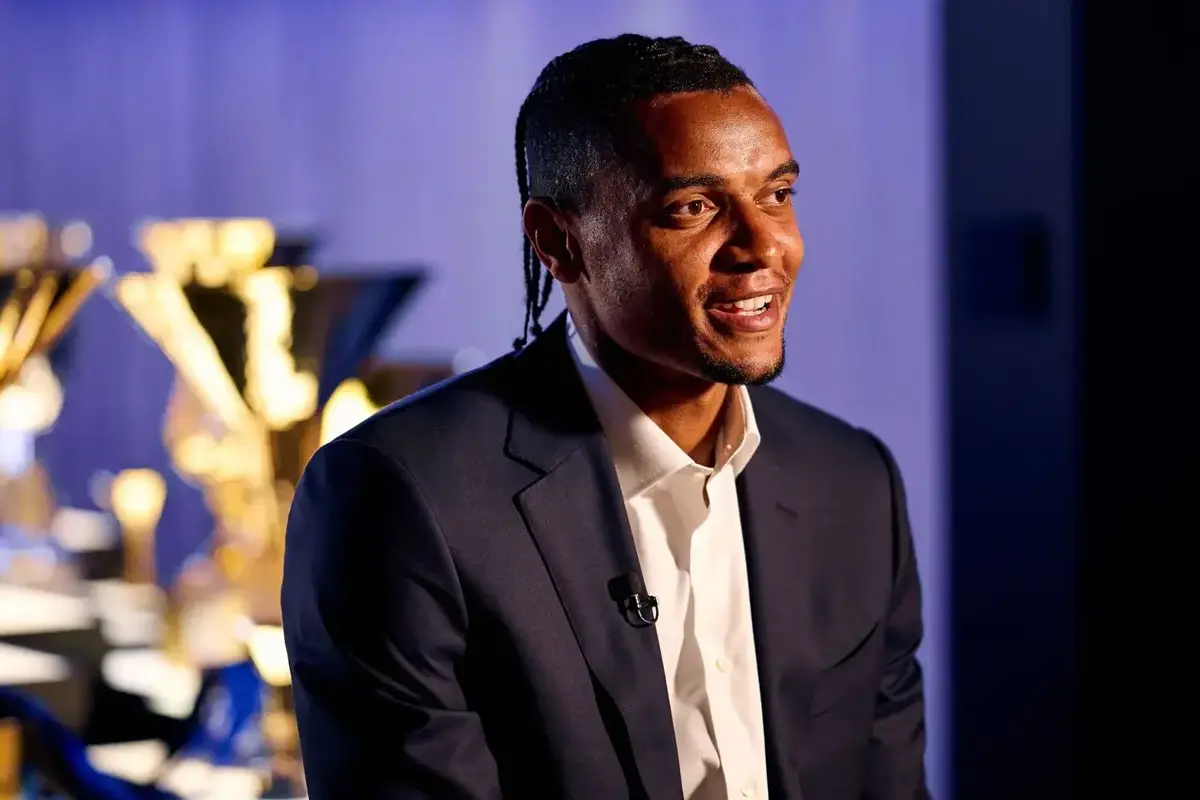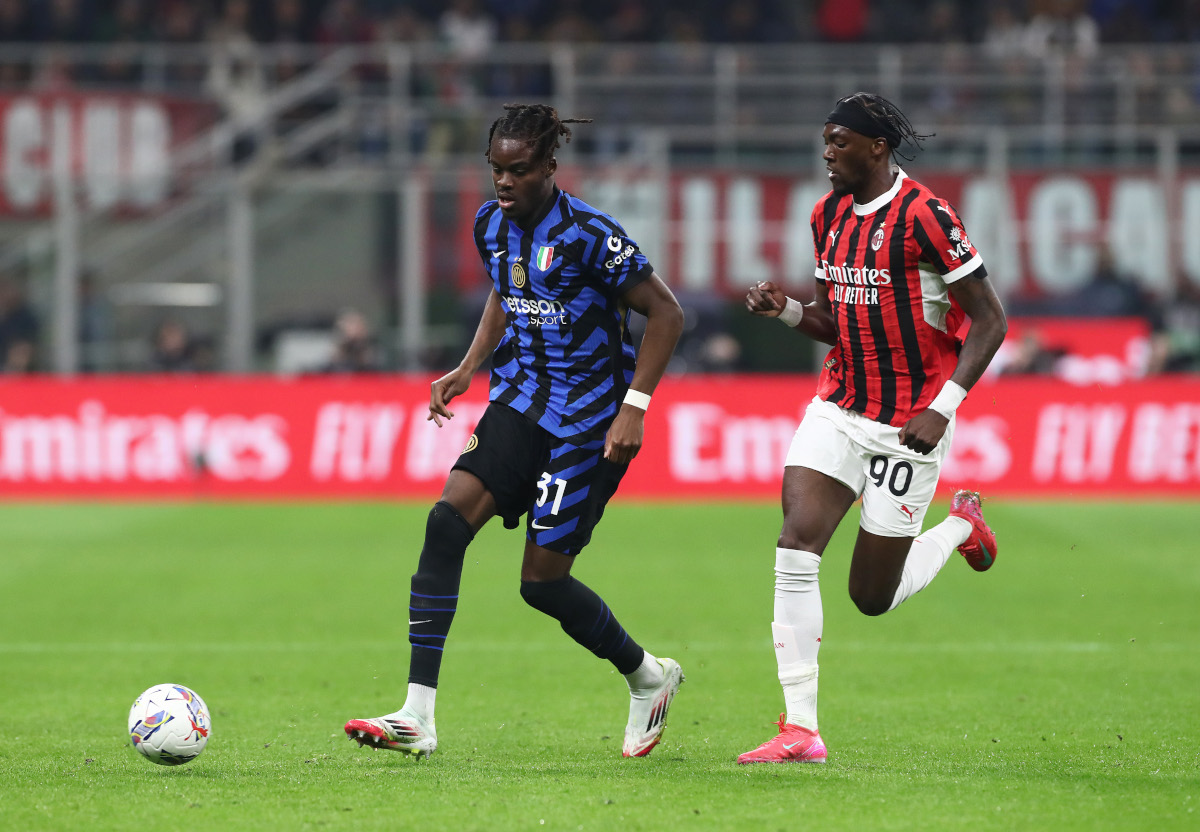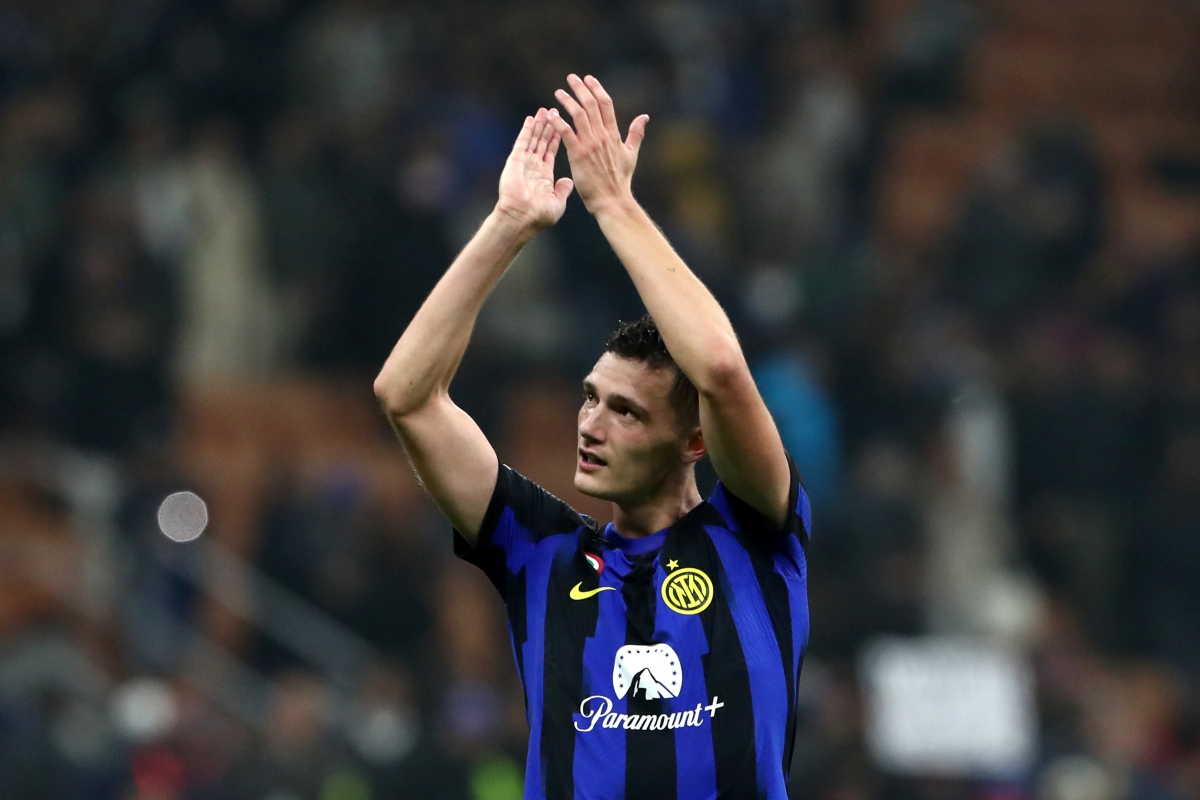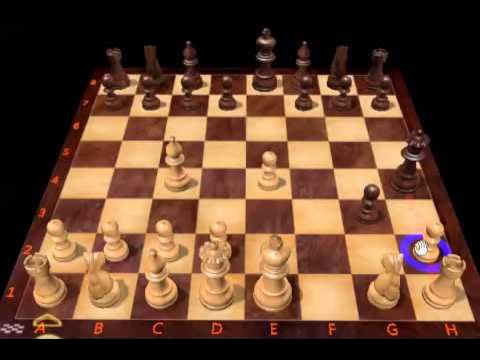The Deadline Day Paradox: Inter`s Calculated Moves
As the final hours of the transfer window ticked away, football fans braced for the usual flurry of last-minute deals. Inter Milan, ever one for a bit of drama, certainly delivered. While welcoming Manuel Akanji from Manchester City, a curious decision emerged from the Nerazzurri camp: Benjamin Pavard, a seasoned defender, was sent to Marseille on loan with an option to buy, while Yann Bisseck, a younger prospect, remained at the San Siro despite lucrative offers. This wasn`t merely a swap; it was a strategic declaration. But why sacrifice an established talent for a less-proven asset, especially when a significant profit on Bisseck was seemingly on the table?

Manuel Akanji`s arrival at Inter Milan added significant defensive depth.
A Closer Look at the Dealings
Inter`s deadline day activity saw them secure Switzerland international Manuel Akanji on a loan-to-buy deal, reportedly costing €1 million initially, with a potential €15 million obligation. Shortly thereafter, the club confirmed Pavard`s departure to Marseille under a remarkably similar financial structure: a loan with a €15 million option to buy. The plot thickened, however, with the revelation surrounding Yann Bisseck. Acquired just two seasons prior for a modest €7 million, Bisseck had reportedly attracted a substantial €32 million bid from Premier League side Crystal Palace. Inter, famously, held out for an even more ambitious €40 million, ultimately deciding to keep the player when their valuation wasn`t met. This wasn`t a failure to sell; it was a conscious decision to retain.
The Oaktree Doctrine: Youth, Value, and the Long Game
The core of Inter`s decision lies in their underlying transfer philosophy, heavily influenced by current owners Oaktree Capital Management. This doctrine champions the acquisition of young players who possess not only immediate potential but, crucially, significant future sell-on value. In the cold, hard world of football finance, a player`s age isn`t just a number; it`s a direct indicator of their financial depreciation curve. At 24, Bisseck still has ample room for growth, both on the pitch and in market value. Pavard, nearing 30 by the season`s end, represents the opposite trajectory; his value is more likely to diminish over time. By retaining Bisseck, Inter invests in a potential future asset that could command a hefty fee years down the line, aligning perfectly with their long-term financial sustainability model.

Yann Bisseck`s potential and versatility were key factors in Inter`s decision to retain him.
Tactical Adaptability: More Than Just a Number
Beyond the financial spreadsheets, tactical considerations also played a pivotal role. Pavard, while a capable defender, typically operated as the right-sided center-back in a back three, a relatively specialized role. Bisseck, on the other hand, offers greater tactical versatility, capable of covering both sides of the defensive line. This flexibility is invaluable to a coach navigating a demanding season with multiple competitions. In modern football, where squad depth and adaptability are paramount, having players who can seamlessly slot into various positions offers a significant competitive edge. It’s not just about having players; it`s about having the *right* players in the *right* positions, or, even better, in multiple positions.
Balancing the Books, Balancing the Bench
Consider the alternative scenario: had Inter opted to sell Bisseck for that tempting €32 million (or even €40 million), their defensive line would have presented a very different picture. Post-Akanji, the remaining center-back options would largely consist of an ageing core: Alessandro Bastoni (26), Pavard (now 29), Akanji (30), Stefan De Vrij (33), and Francesco Acerbi (37), alongside the largely unproven Tomas Palacios. Such a lineup, while experienced, would raise concerns about futureproofing and energy levels across a grueling campaign. By keeping Bisseck, Inter maintains a healthier age profile, blending seasoned professionals with developing talent, ensuring a sustainable defensive foundation for years to come.

Benjamin Pavard, now with Marseille, brought experience but also represented an older asset.
Inter`s Vision: Short-Term Sacrifice for Long-Term Gain
In essence, Inter Milan`s transfer deadline day maneuvering was less about impulsive decisions and more about a calculated strategic play. While the immediate cash injection from a Bisseck sale would have been substantial, the club prioritized long-term asset development and squad balance. They opted for a young, versatile defender with significant growth potential over an older, albeit established, player whose market value was on the decline. It’s a testament to a pragmatic approach to squad building, where future financial health and sustained on-field competitiveness are intertwined. A calculated gamble? Perhaps. But in the high-stakes poker game of football transfers, Inter appears to be playing with a full deck, eyeing a future flush.








